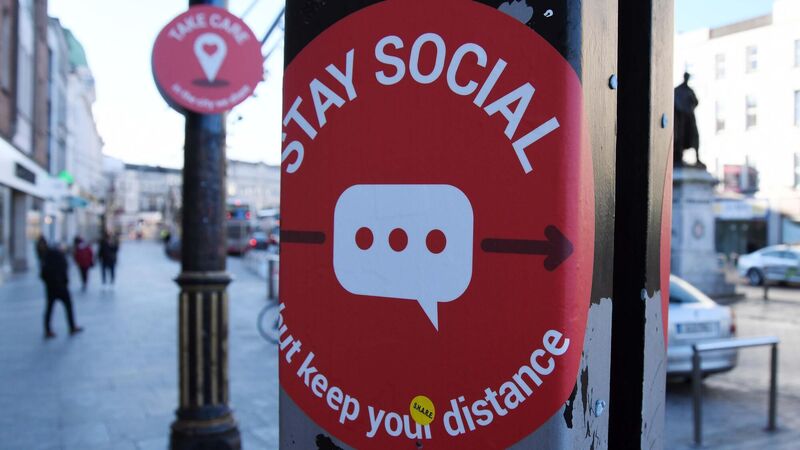'It could take six weeks before daily Covid-19 cases drop to 200'

File picture: Denis Minihane.
It could take up to six weeks before daily Covid-19 case numbers drop down to 200, a Nphet briefing heard last night.
Cases are dropping, but at a slower rate than predicted.










